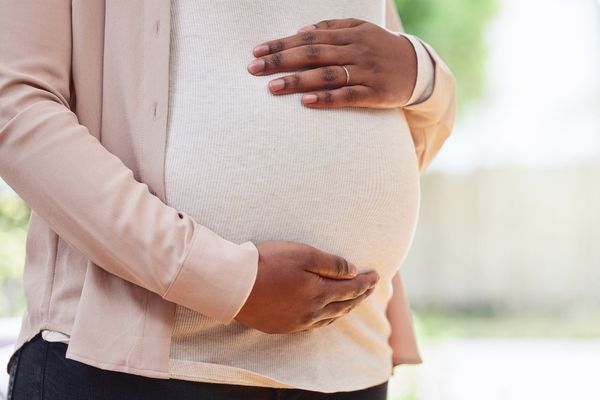Getting a healthy start on your pregnancy can do a lot to ensure that you have a smooth nine months ahead of you. The earlier you find out that you are pregnant, the better. Taking a pregnancy test is the only surefire way to know, but there are earlier signs of pregnancy that can help you decide if you should take the test.
HOW FAR ALONG ARE YOU? 4 Weeks Pregnant Symptoms
Perhaps the most obvious signs of pregnancy are changes in menstruation. Between six and 12 days after conception, you may notice spotting or bleeding as the embryo becomes implanted in your uterine wall. This is known as implantation bleeding and is one of the first signs of pregnancy.
After that, your periods will likely become delayed or stop altogether. This is when most women suspect pregnancy. However, some women continue to experience bleeding even while pregnant, though it is rarely like a normal period. Because of that, you shouldn't wait for menstruation to end as the only sign you need a pregnancy test.
You may notice that your breasts are tender, sore, tingly or fuller than usual. This usually sets in one or two weeks after conception. Additionally, your areolas—or the skin around your nipples—may become darker due to hormonal changes.
Morning sickness is another telltale sign of pregnancy. This can occur two to eight weeks after implantation. Nausea tends to happen because elevated hormone levels may cause food to empty the stomach slowly. Also, pregnancy may make you more sensitive to smells, making certain odors more likely to trigger nausea.
If you've been feeling overwhelmingly sleepy or tired lately, this may be a symptom that you have successfully conceived. While it's true that many conditions or factors can cause fatigue, pregnant women tend to experience this due to changes in hormone levels, blood sugar, blood pressure and higher blood production.
You've probably heard that pregnant women have strange food cravings, and this is no wives' tale. Like many other symptoms of pregnancy, your unusual cravings can be chalked up to fluctuating hormones. Conversely, these changes may cause aversions to certain foods or beverages, such as coffee or fatty foods.
Keep in mind that every pregnancy is different and you may or may not experience the symptoms mentioned here.







